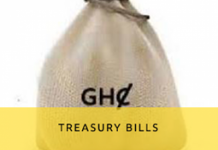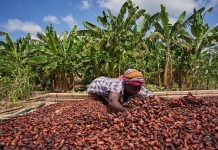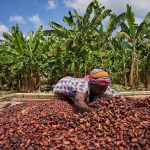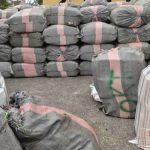Burkina Faso, Mali, and Niger have been granted a six-month grace period for their withdrawal from the Economic Community of West African States (ECOWAS), now set for July 29.
This decision, made at a summit in Abuja, Nigeria, comes a year after the countries first announced their intentions to leave, with January 29 still marking the official exit date.

ECOWAS hopes the extended period will provide an opportunity to convince the nations to reconsider their departure.
Despite this effort, the three countries, which have formed the Alliance of Sahel States (AES), have reiterated that their exit is “irreversible.”
However, they have committed to keeping their borders visa-free for all ECOWAS citizens, easing concerns about the impact on regional trade and free movement for the 400 million people across West Africa.
Among those who attended the summit was Senegal’s President Bassirou Diomaye Faye, who has served as a mediator between the 15-member bloc and the three countries set to leave.
The Senegalese president, who was appointed to lead negotiations in July, said he was “making progress” in talks with the three countries and added that there was no reason for them not to maintain relations amid ongoing security concerns in the region, where al-Qaeda and ISIL (ISIS) have gained ground.
The withdrawal of Burkina Faso, Mali and Niger from ECOWAS would mark the culmination of a tumultuous period for the Sahel, where a series of coups since 2020 has brought military authorities to power. The new governments have fostered closer ties with Russia at the expense of their former colonial ruler, France, and other one-time allies from the region and beyond.
























































![[FREE FREE MONEY] Predict and Win a Guaranteed GH¢200 From Us EVERY WEEK](https://wordpress.ghanatalksradio.com/wp-content/uploads/2022/02/Predict-and-Win-Final-09-03-2021-218x150.jpg)
![[Predict & Win – 8th/Oct.] WIN A Guaranteed ¢200 From Us This Week](https://wordpress.ghanatalksradio.com/wp-content/uploads/2021/10/maxresdefault-16-218x150.jpg)
![[Predict & Win – 2nd] WIN A Guaranteed ¢200 From Us This Week](https://wordpress.ghanatalksradio.com/wp-content/uploads/2021/09/maxresdefault-50-218x150.jpg)
![[Predict & Win – 25th] WIN A Guaranteed ¢200 From Us This Week](https://wordpress.ghanatalksradio.com/wp-content/uploads/2021/09/maxresdefault-36-218x150.jpg)
![[Predict & Win – 18th] WIN A Guaranteed ¢200 From Us This Week](https://wordpress.ghanatalksradio.com/wp-content/uploads/2021/09/maxresdefault-23-218x150.jpg)








![[National cathedral] See full list of churches that have contributed since 2018](https://wordpress.ghanatalksradio.com/wp-content/uploads/2020/09/Ghana-National-Cathedral-GhanaTalksRadio-100x70.jpg)



